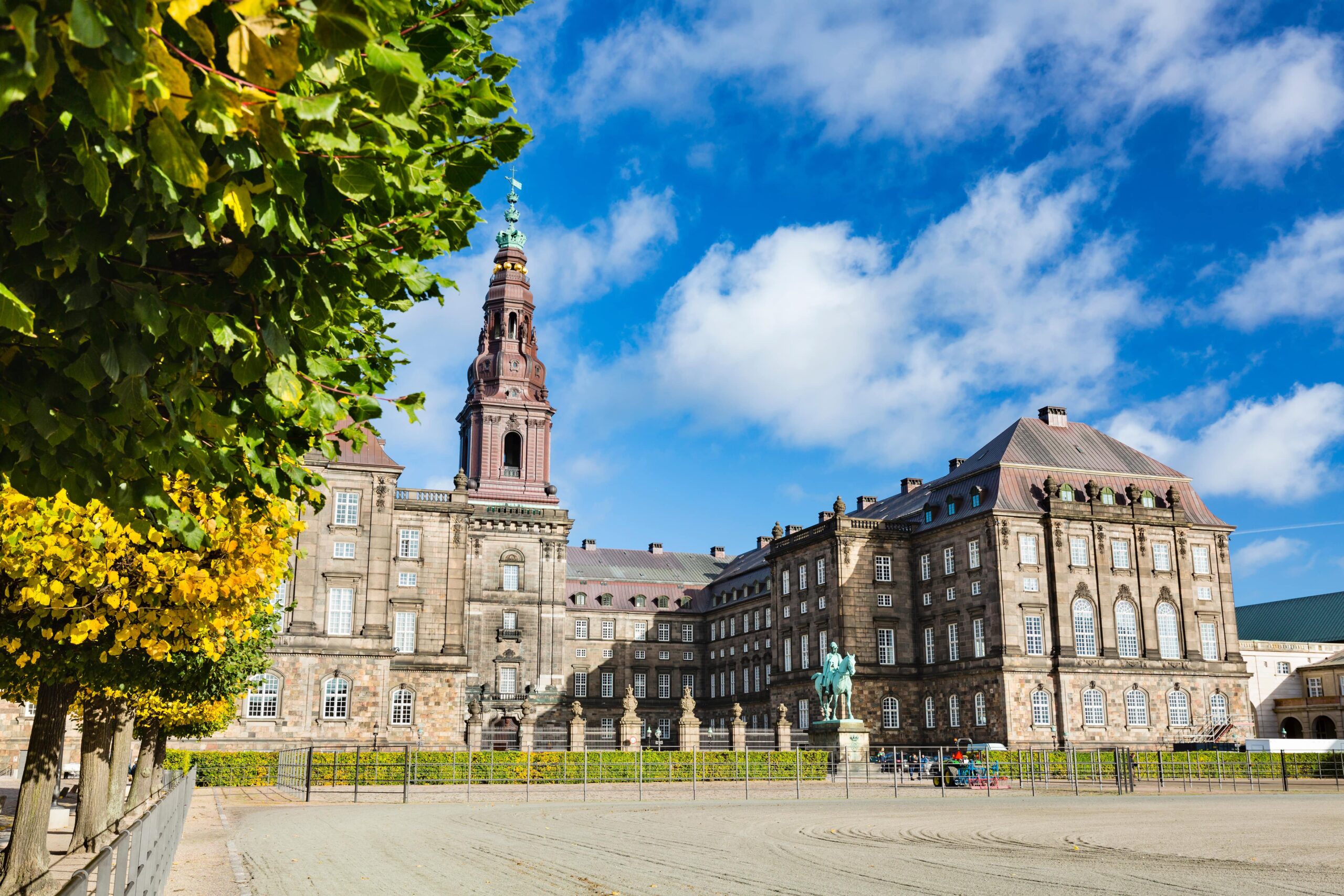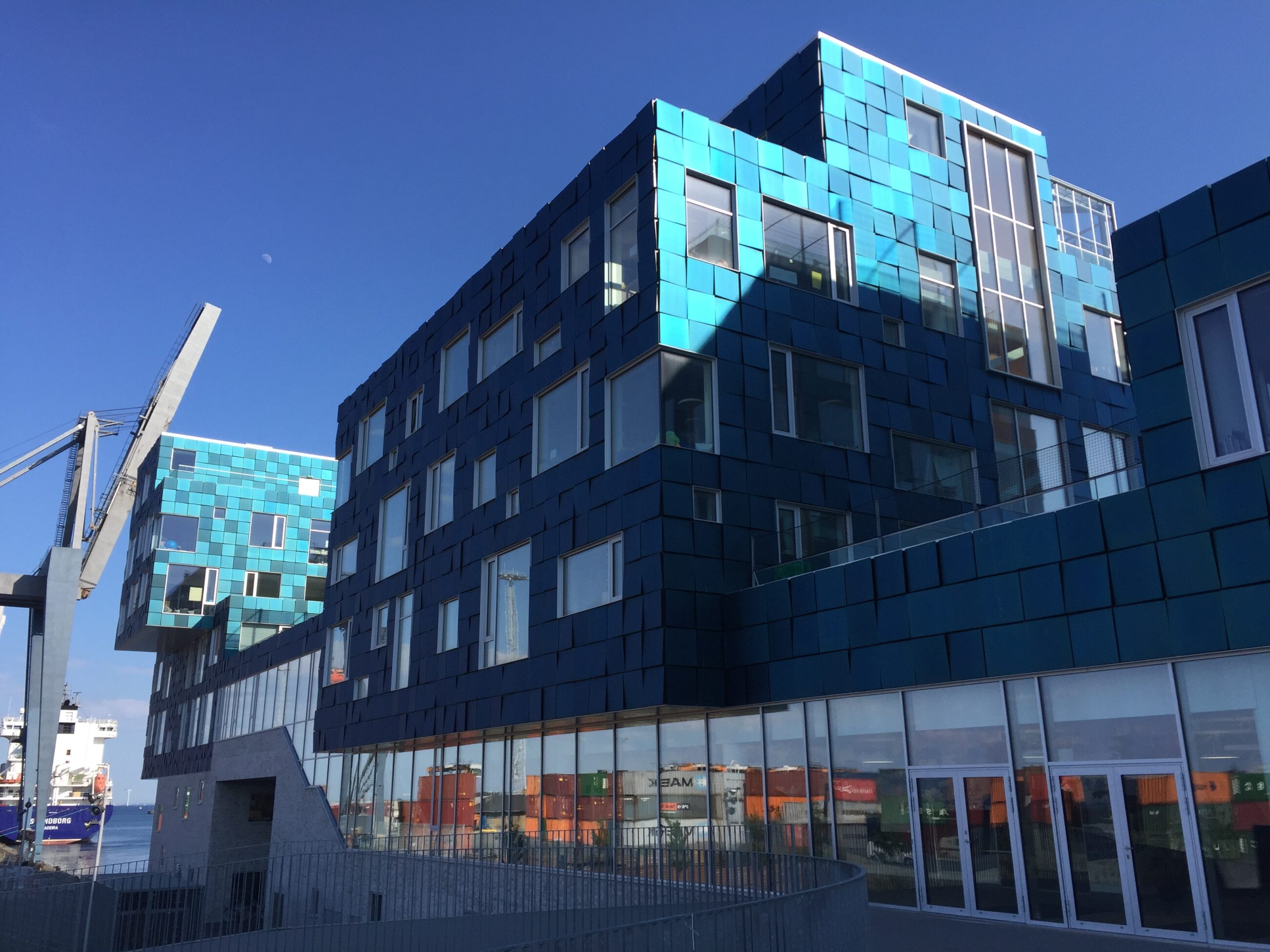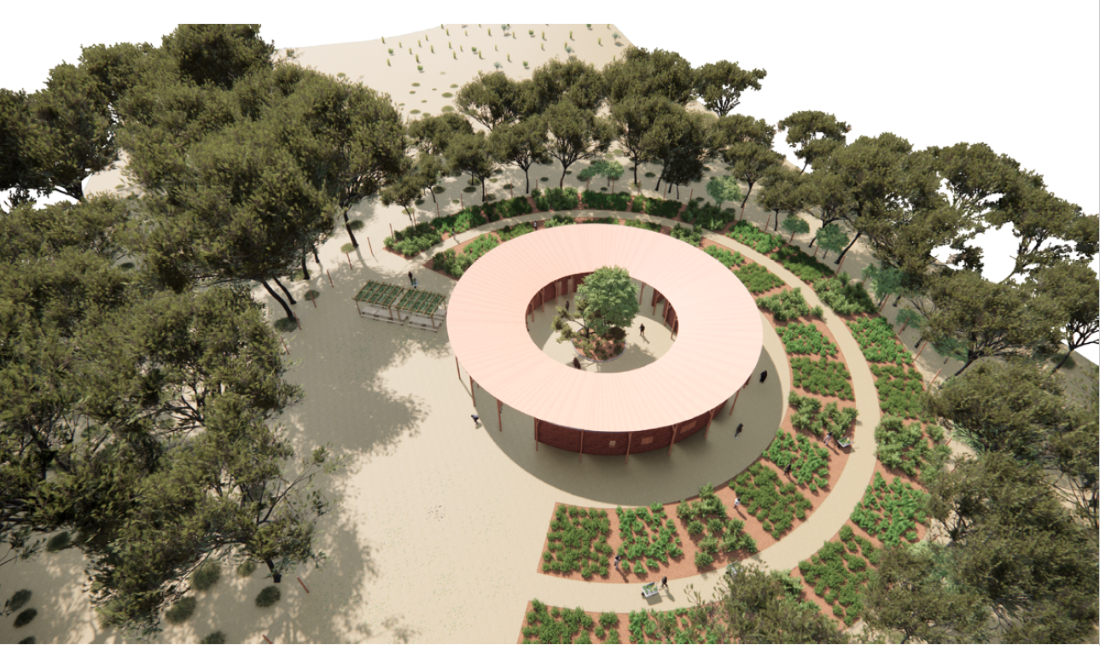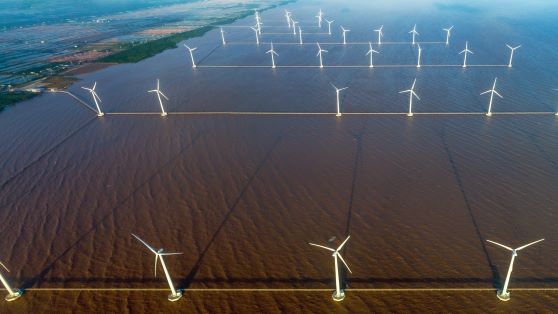News
Air pollution
Clean air in transportation
Micromobility
+3
City council agree on sustainable budget for 2019
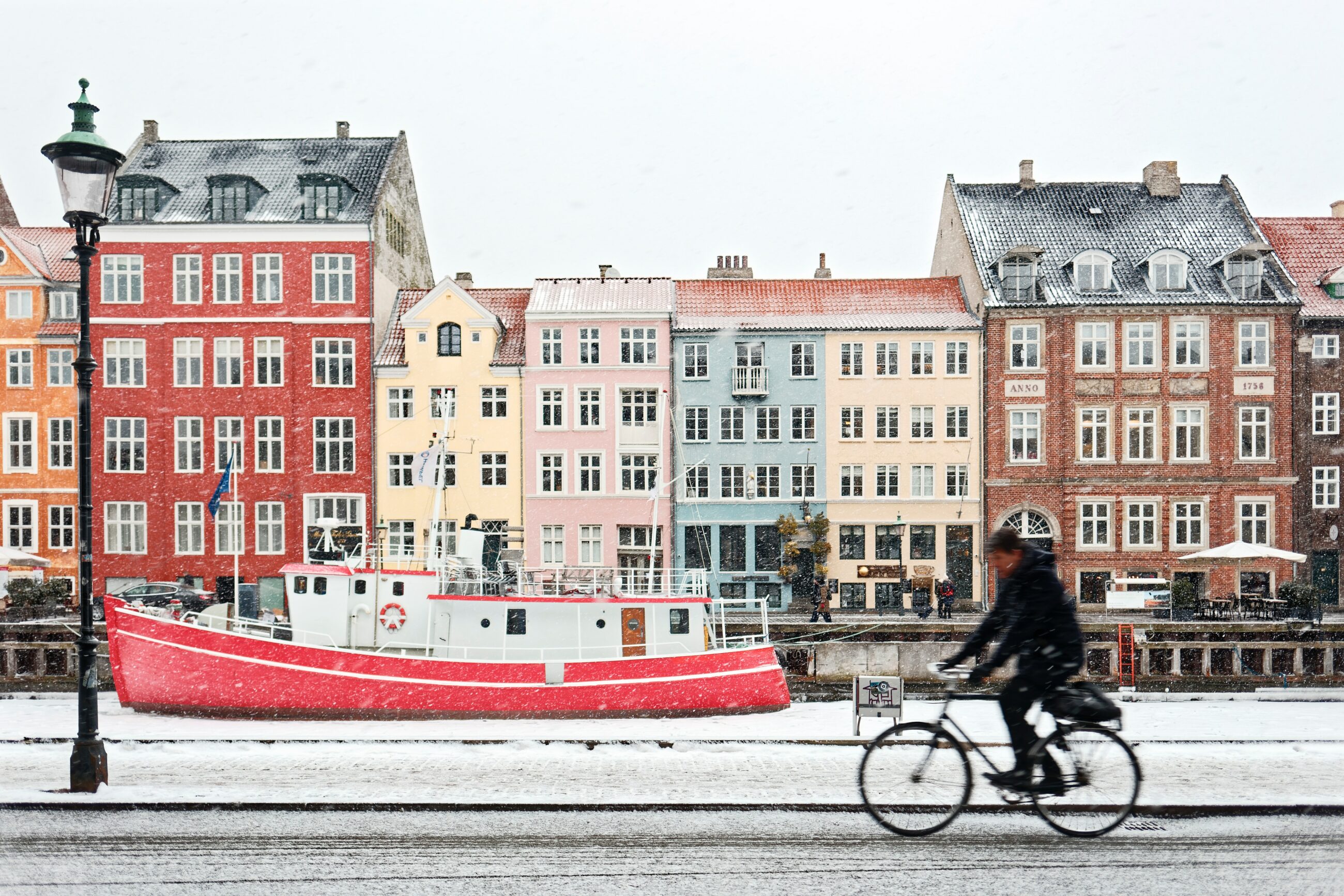

A majority of political parties in Copenhagen city council have reached agreement on the city’s sustainable budget for 2019. Included in the agreement are funds to improve the city’s cycling infrastructure, establish more green and blue areas and electrify the city’s busses ahead of the previously agreed schedule.
Highlighting the need to accommodate the diverse needs of the city’s growing population, while maintaining a high quality of life, the city’s Mayor Frank Jensen, from the Social Democratic party, pronounced the 2019 budget as ‘green and sustainable’.
Clean air in a green Copenhagen
The city’s population is expanding by approximately 10,000 citizens annually, with four to five children added each day. Securing the ‘good life’ for all of them in a bustling urban environment, with clean air and adequate space for recreation and breaks from the daily grind is essential if Copenhagen is to maintain its position as one of the world’s most liveable and sustainable cities. While the emission of gases and particles that lead to air pollution has fallen over the last ten years, the city desires to continue the trend in order to protect Copenhageners’ health.
Therefore, the 2019 budget has allocated EUR 32.4 million to make Copenhagen even greener. This includes funds to accelerate the change from diesel-powered busses to ones that run on electricity. Previously, the goal was to complete the shift by 2031, but the date has now been moved forward to 2025. In addition, EUR 3 million is dedicated to extending the city’s popular harbour bus route, so it covers more areas. Finally, it will be forbidden to include wood burning stoves in new buildings.
-Related news: Breakthrough for electric buses in Copenhagen
Copenhagen: The world’s best cycling city
The City of Copenhagen has a long held ambition of being the world’s leading cycling city – an ambition which remains unchanged. To help realise this ambition, the 2019 budget includes a cycling package, which allocates EUR 10 million to improve cycling conditions. In particular, funds will be used to continue implementation of the city’s super cycle highways, make cycling routes to schools safer and increase the numbers of places to park bicycles.
-Related news: Copenhagen's bicycle bridges create high socio-economic benefits
More green spaces and nature areas
Nine million Euros have been allocated to ensure Copenhageners can experience nature in the city. This includes transforming Bispepark to a climate adapted park and more trees and green pockets in the city. Furthermore, a new nature park that at 28 hectares is double the size of the city’s iconic King’s Garden, will be established on the edges of the city’s new North Harbour district. The City of Copenhagen will have responsibility for 14 hectares in the park, where they will focus on developing biodiverse, recreational areas.
Included in the agreement are a number of other measures, which address issues such as care for the elderly, new schools, adequate childcare facilities, socially marginalised citizens and economic growth.
Read more information about the sustainable budget for 2019 (in Danish): The City of Copenhagen
Photo Credit: Max Adulyanukosol
